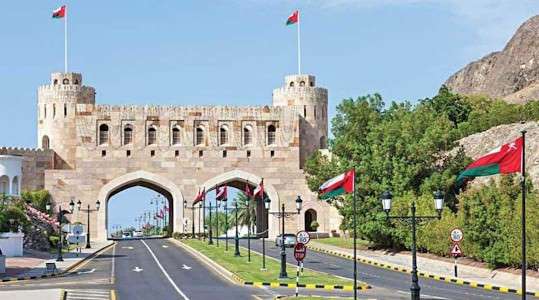The Sultanate of Oman has increased the number of goods exempt from value-added tax, from 93 to 488, in an attempt to alleviate the economic repercussions of the Corona pandemic.
According to the Government Communication Center, the exemption comes within several initiatives to reduce burdens on citizens and address insolvent cases, without clarifying the sectors of exempted goods. The initiatives include the government bearing the cost of value-added tax on electricity and water services for all citizens who own two accounts or less than the residential category.
The tax will be implemented in the Sultanate as of April 16, in an attempt to boost government revenues and reduce the budget deficit exacerbated by the repercussions of Corona and the drop in oil prices.
The "value-added tax" is a tax paid by the consumer, and it is imposed on the difference between the purchase price from the factory and the selling price to the consumer. In October 2020, Oman issued a 5 percent value-added tax law on goods and services, making the Sultanate the fourth Gulf country to apply the tax since it was introduced in January 2018.
In a related context, the Government Communication Center indicated that the amount of subsidized fuel consumed by holders of the National Support Card increased from 200 liters to 400 liters per month. The initiatives included exempting all citizens whose monthly income is less than 350 riyals ($991) from the soft housing loan program debts at the Ministry of Housing and Urban Planning.
Source (Anatolia Agency, Edited)

